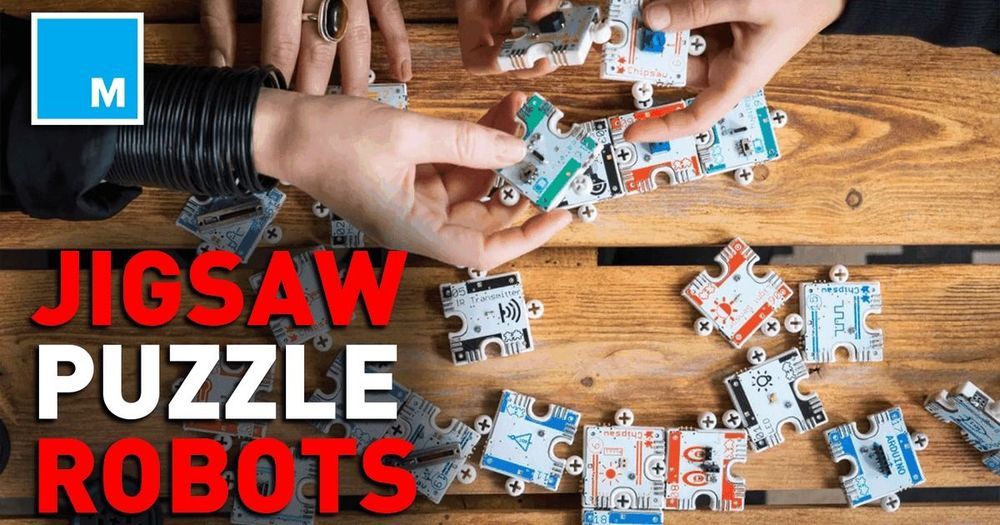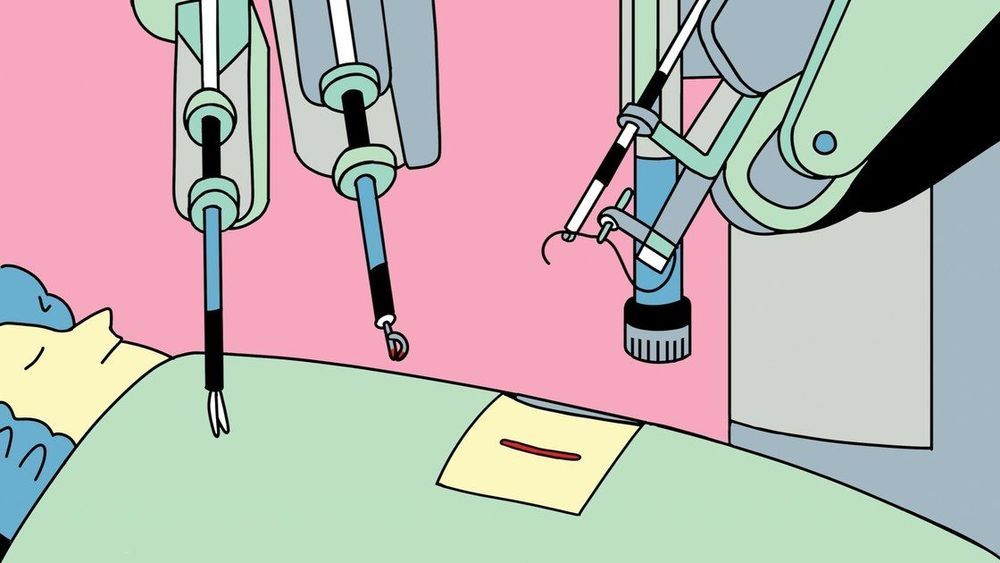Boston Dynamics is putting Spot to work. The company has announced a new leasing program for its Spot robot (formerly SpotMini), which is aimed at construction, entertainment, and other automation-friendly industries. But is the world ready for this semi-autonomous quadruped?
Subscribe: http://goo.gl/G5RXGs
Like The Verge on Facebook: https://goo.gl/2P1aGc
Follow on Twitter: https://goo.gl/XTWX61
Follow on Instagram: https://goo.gl/7ZeLvX
Why’d You Push That Button Podcast: https://pod.link/1295289748
The Vergecast Podcast: https://pod.link/430333725
More about our podcasts: https://www.theverge.com/podcasts
Community guidelines: http://bit.ly/2D0hlAv
Wallpapers from The Verge: https://bit.ly/2xQXYJr



